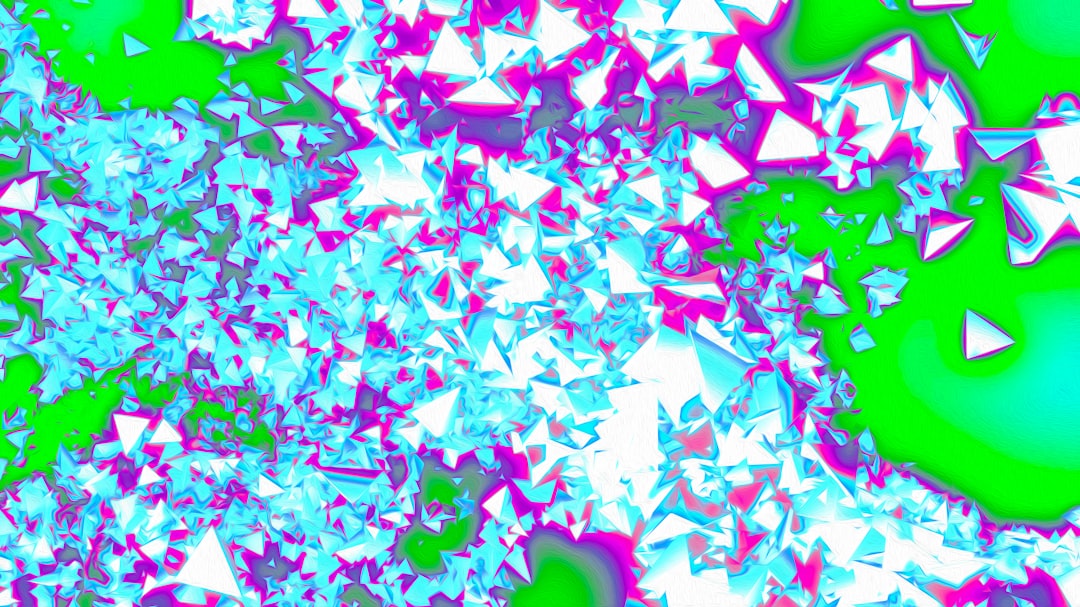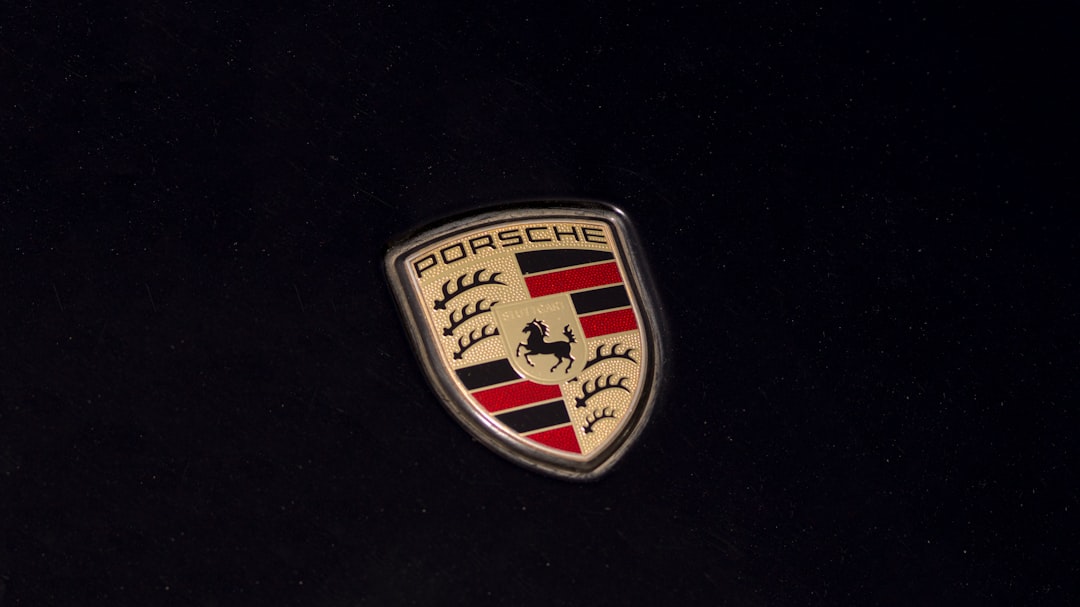Whether you’re a coach, consultant, or building a personal brand, your logo is the visual cornerstone of your identity. It’s the first impression clients get and often the thing they remember most once meetings, emails, and presentations are over. Designing a great logo can be the bridge between being overlooked and being unforgettable.
TLDR: A great logo helps coaches, consultants, and personal brands convey credibility, personality, and professionalism. This article presents 11 diverse logo ideas tailored to different styles, niches, and brand atmospheres. From minimalist wordmarks to meaningful icons, these suggestions aim to inspire and guide the development of a logo that feels authentic and strategic. Whether you aim for elegance, impact, or approachability, there’s a concept here to spark creativity.
1. Minimalist Wordmark
Sometimes simplicity says it all. A minimalist wordmark logo focuses on clean typography and straightforward design. Think of logos like Google or LinkedIn—strong brands that don’t need much decoration to be memorable. For coaches and consultants, especially those just starting out, a minimalist logo is easy to create, versatile across platforms, and reflects clarity and confidence.
This is especially effective for professionals in executive coaching, finance, or business consulting where crisp professionalism adds trust.
2. Typographic Logo with Personal Flair
Add a handwritten touch or a unique typeface to a typographic logo. This idea balances professionalism with personality. Using a custom brush script or an elegant serif font with subtle curves can make the logo feel more humanized.
It’s a smart idea for personal development coaches and lifestyle consultants who want to build an authentic, welcoming brand style.
3. Monogram Magic
Monogram logos use initials to create a symbol-like identity. They’re compact and memorable. Think of fashion houses like Louis Vuitton or professional firms like Deloitte. A coach or consultant can use their initials, like “JS” for Jane Smith, to craft a striking yet professional logo that looks good on both desktops and business cards.
Pair with a professional font or minimal icon for a more complete look.
4. Meaningful Icon Integration
Adding an icon to your logo can help visually communicate your expertise. For example, a leadership coach may integrate a mountain to convey growth and achievement, or a wellness consultant might include a leaf or lotus to symbolize health and renewal.

The icon should be meaningful, scalable, and blend naturally with the text portion of the logo. Overly complicated graphics can dilute your message, so aim for simple over ornate.
5. Geometric and Abstract Shapes
Abstract geometric logos are modern and sophisticated. These types of logos aren’t always literal, but they leave a strong visual impression. Abstract circles, triangles, or hexagons can represent cohesion, balance, or strategy—concepts core to the work of personal and business consultants.
This style fits nicely with tech-savvy, strategy-driven, or systems-oriented consultants.
6. Signature Style Logos
For ultra-personal brands, nothing feels more unique than a signature-style logo. It feels intimate, exclusive, and speaks directly to one’s personal touch or creative methodology. Coaches in creativity, art therapy, or life coaching might choose a hand-drawn signature effect with a modern twist to reflect their personal transformational journeys.
It’s elegant yet authentically informal—great for social media and ebooks.
7. Symbolic Framework Logos
Many coaches and consultants create or use proprietary frameworks, systems, or models. Build your logo around a symbolic representation of that framework. For instance, a four-pillar leadership model could be stylized as a symmetrical icon with four lines or pillars.
This demonstrates authority and a unique approach. It doubles as a conversation starter and a branding tool.
8. Color-Driven Identity
Color psychology plays a major role in how people perceive your brand. While not a logo shape idea, assume color as its own design strategy. A bold red for high-performance coaching, calming blue for strategic consulting, or a fresh green for health and wellness consultants.

Be consistent across platforms and adjust saturation slightly for versatility in print, web, and mobile use. Simpler logos can become extraordinary just by pairing them with a distinctive color scheme.
9. Circle-Based Designs
Circles represent community, unity, and wholeness. They are ideal for brands focused on connection and completeness, which fits many coaching philosophies. Incorporating circular frames or rounded edges into your logo can softly signal inclusion and approachability.
For relationship coaches, team-building consultants, or community leaders, this shape resonates well.
10. Negative Space Techniques
Using negative space in logo design lets the viewer’s brain “fill in the blanks.” A classic example is the FedEx arrow or the hidden bear in the Toblerone logo. This type of design makes your audience pause and take notice—and that pause translates to memory.
Try creating initials, symbols, or imagery within existing shapes. It’s clever, and clever is memorable.
11. Tagline Integration
Sometimes a logo isn’t complete without a short tagline. This logo idea helps clarify your niche or promise without needing to create separate branding assets. For example:
- Jane Doe Coaching — “Uncover Your Potential”
- Peak Path Consulting — “Strategize. Execute. Elevate.”
Tagline integration is beneficial for new coaches still gaining recognition for their name alone, or consultants entering competitive spaces where clarity equals trust.
Final Thoughts
A logo is more than just a decorative icon. It’s a strategic asset that instantly communicates your value, tone, and professionalism. The key is to align your logo design with what you offer, who you serve, and what message you want to drive home every time someone sees your brand.
Whether you hire a designer or use AI-powered tools, use the above ideas to direct the creative process with clarity and purpose. A strong logo will support your credibility, attract aligned clients, and make your brand stand out in every inbox, website, and Zoom call.
Frequently Asked Questions (FAQ)
What is the best type of logo for a personal brand?
There’s no one-size-fits-all answer, but wordmarks, monograms, and signature logos are popular choices for personal brands. These styles put the person’s name front and center, which is essential for building recognition and trust.
How important is color in logo design?
Very important. Color influences emotions and perceptions. Choose colors that reinforce your brand message—calm blues for stability, greens for growth, reds for energy. Use consistent color schemes across all branding assets.
Can I use a Canva or AI-generated logo?
Yes! Many coaches and consultants start with AI or DIY tools like Canva. However, ensure the final result is legally clear for commercial use, unique enough to prevent confusion, and professionally polished.
Should my logo have a tagline?
If your brand is still unfamiliar or your name doesn’t yet express what you offer, a tagline can add context and clarity. Just make sure it’s legible at small sizes and reinforces your value proposition.
How often should I update my logo?
Only when your brand strategy or audience shifts significantly. Subtle refreshes (font upgrades, color enhancements) every 3–5 years can keep your logo modern without losing brand recognition.
Ultimately, your logo is an evolving illustration of your presence in the coaching or consulting world—take the time to get it right, and it will serve you well.
